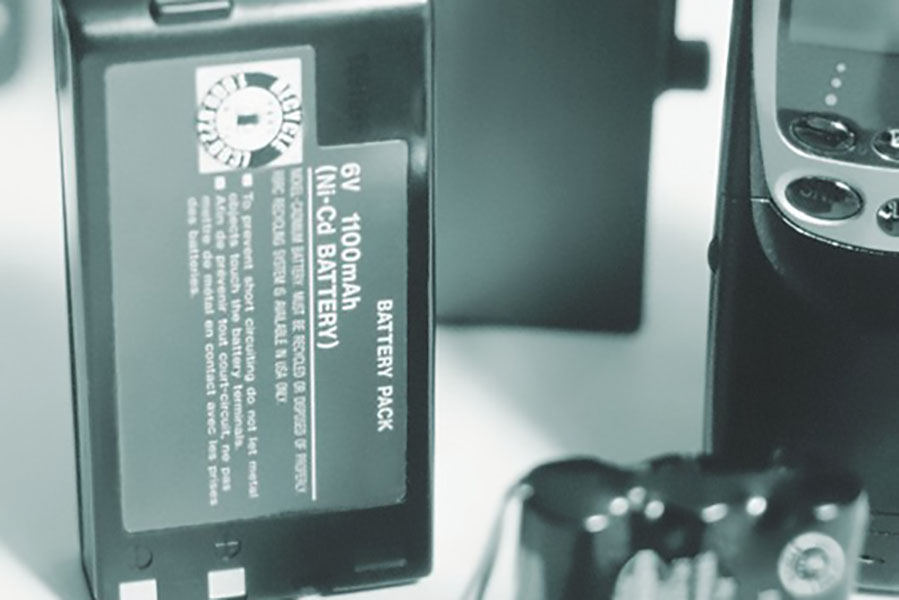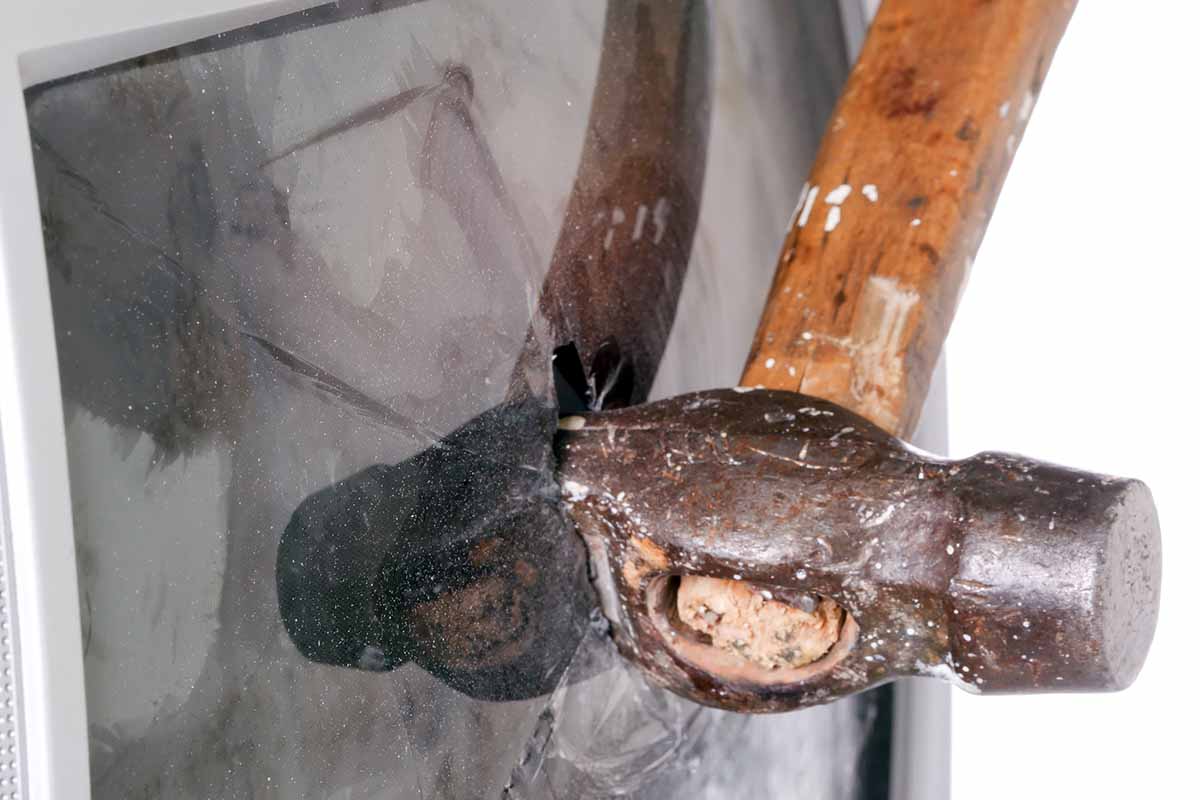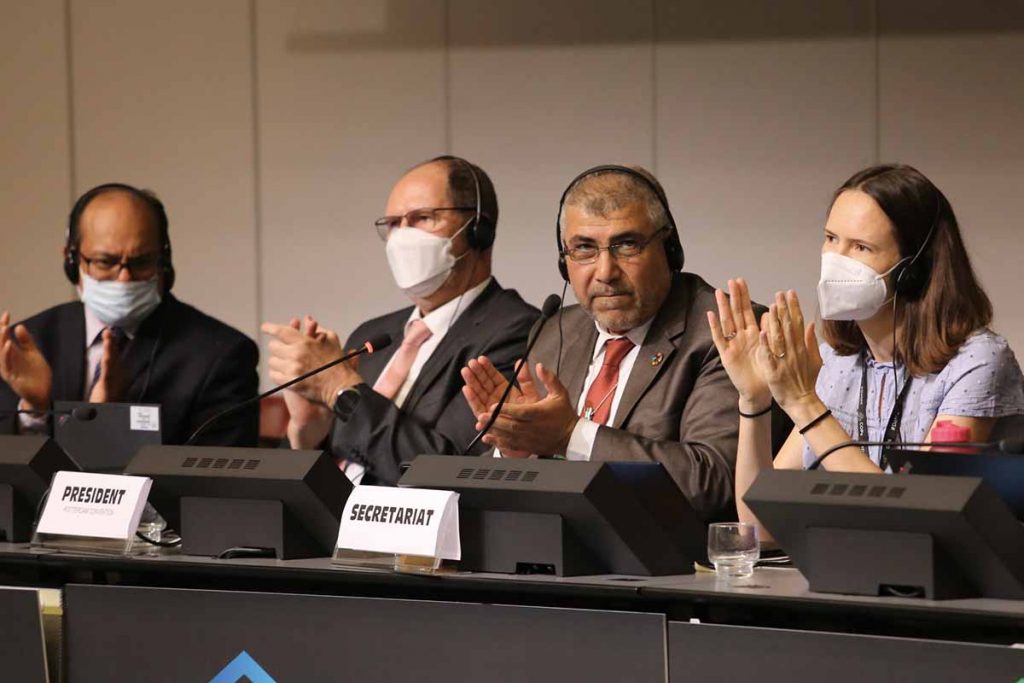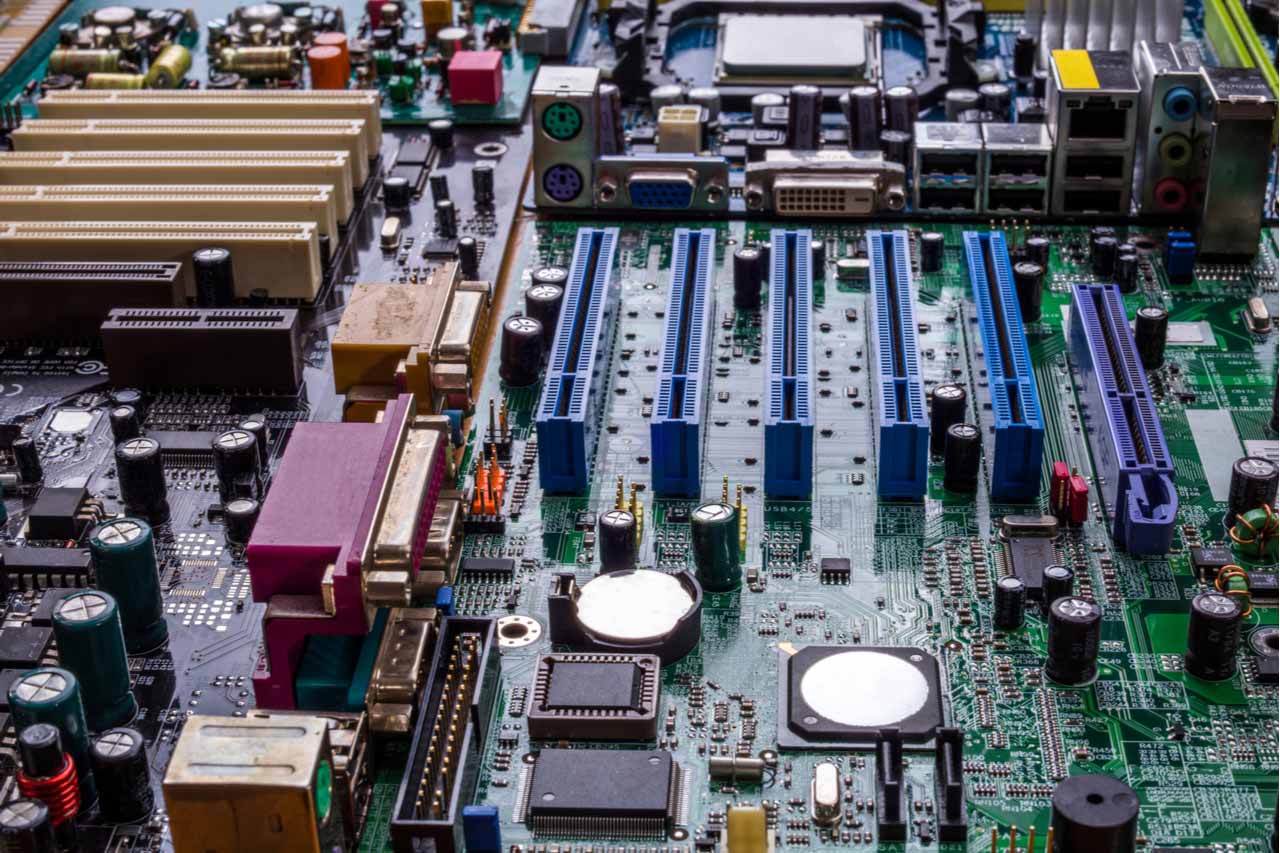
New battery recycling guidelines are in development by the U.S. EPA. | Courtesy of Call2Recycle
Congress directed the U.S. EPA to develop voluntary battery recycling labeling guidelines instead of mandatory regulations, but the head of an industry group believes they’ll still have a significant impact on the industry.









